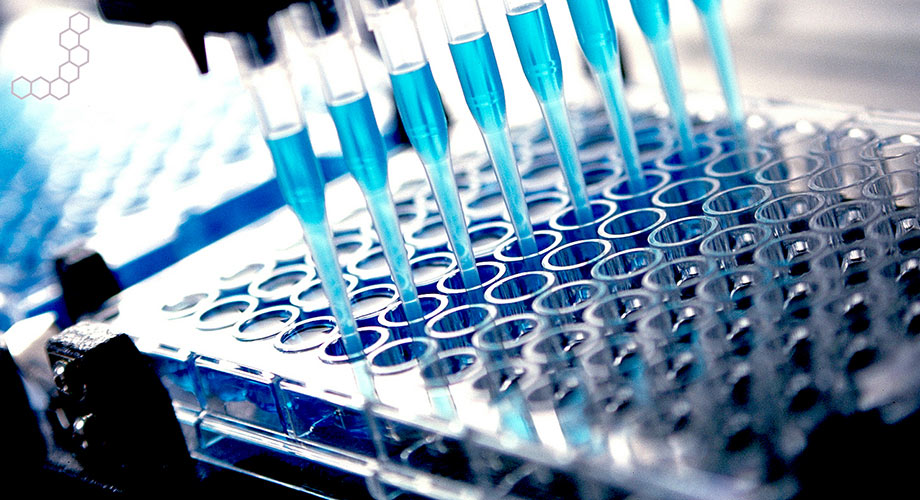The biopharmaceutical industry places immense value on bioanalytical testing services throughout the drug development process. From compound selection and lead optimization to clinical trials and post-marketing surveillance, bioanalytical testing helps companies understand how drugs behave in biological systems. This foundational research enables safe and effective drug candidates to emerge.
Drug Metabolism and Bioavailability Studies
One of the first goals of bioanalytical testing is to study a compound’s behavior once administered into living systems. During preclinical research, drug metabolism and bioavailability assessments are critical to evaluate. This includes quantifying the parent drug and metabolite concentrations over time in biological matrices like plasma, urine and tissue homogenates. Key parameters determined include elimination half-life, maximal concentration achieved, area under the curve and oral bioavailability. Understanding a drug’s metabolic profile early helps select viable candidates and guide further formulation optimization.
Analytical Method Development and Validation
To accurately measure drug and metabolite concentrations, robust and reliable analytical methods need establishing. Bioanalytical Testing Services laboratories invest significant resources into developing and validating methods utilizing technologies such as LC-MS/MS and immunoassays. Method validation assesses key performance characteristics like selectivity, calibration model, accuracy, precision, recovery, matrix effect and stability. Only validated methods can then be applied to analyze actual study samples and generate reliable data to support regulatory submissions. Harmonized bioanalytical method validation guidance from health authorities must be followed.
Sample Analysis for Preclinical and Clinical Trials
With validated analytical methods, bioanalytical testing labs can begin sample analysis for various study types. This includes pharmacokinetic studies in animals to support initial safety and efficacy assessments as well as first-in-human clinical trials up to large Phase III programs. As study designs evolve, bioanalysis capabilities must scale accordingly to handle increased sample throughput needs within short turnaround times. Robust laboratory management systems assure stringent quality control and compliant data reporting.
Specialized Testing for Biomarkers and Genomic Analyses
Beyond traditional pharmacokinetics, many sponsors also leverage specialized biomarker and genetic analyses. This involves quantifying disease-related analytes, cytokines, gene expression profiles and more to better understand drug pharmacodynamics and mechanisms of action. Such exploratory testing helps stratify patient populations most responsive to treatments. With continual technology advances, the breadth of analysis that bioanalytical laboratories can offer sponsors is rapidly expanding.
Bioequivalence and Bioavailability Studies
As generics and biosimilars enter the market post-patent expiry, conducting comparative bioavailability and bioequivalence testing becomes a regulatory requirement. This rigorously evaluates pharmacokinetic equivalence between the reference and test products to assure similar quality, safety and efficacy. Bioanalytical testing thereby supports timely patient access to more affordable medicines once intellectual property protections expire.
Post-approval and Forensic Toxicology
Beyond just development activities, bioanalytical testing services also contribute significantly to patient care and safety surveillance post marketing approval. This involves ongoing pharmacovigilance studies, therapeutic drug monitoring assays and forensic toxicology analyses to detect substance abuse or overdose. If treatment failures emerge, bioanalysis can investigate potential drug-drug interactions or non-compliance factors at play to guide effective corrective strategies.
Industry Trends and Future Outlook
The bioanalytical testing market has witnessed steady expansion over the past decade to keep pace with growing drug development demands. With accelerated timelines and candidate failures raising costs, leveraging advanced bioanalytical technologies and multi-analyte assays has become increasingly important. Other notable trends include expanding into biotherapeutic drug classes, embracing digital transformation and continuous large molecule bioanalysis. Overall, bioanalytical testing services will remain a indispensable partner helping companies deliver novel solutions to patients worldwide.
bioanalytical testing services power modern drug development from early discovery through commercialization and patient access. Precise quantification of drug and metabolite levels in biological matrices enables critical decisions at each phase of research and regulatory approval. Emerging trends like biomarker analysis, generic equivalency testing and post-marketing surveillance further reinforce the strategic importance of reliable and compliant bioanalysis. Companies seeking innovative therapies rely on bioanalytical partnerships that apply cutting-edge science and flexible, high-quality solutions.
*Note:
1. Source: Coherent Market Insights, Public sources, Desk research
2. We have leveraged AI tools to mine information and compile it

